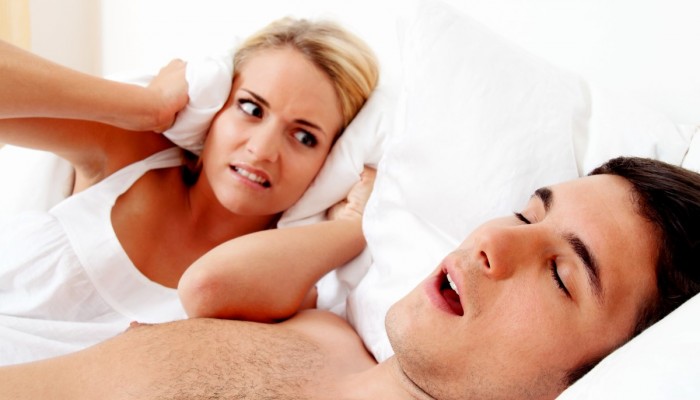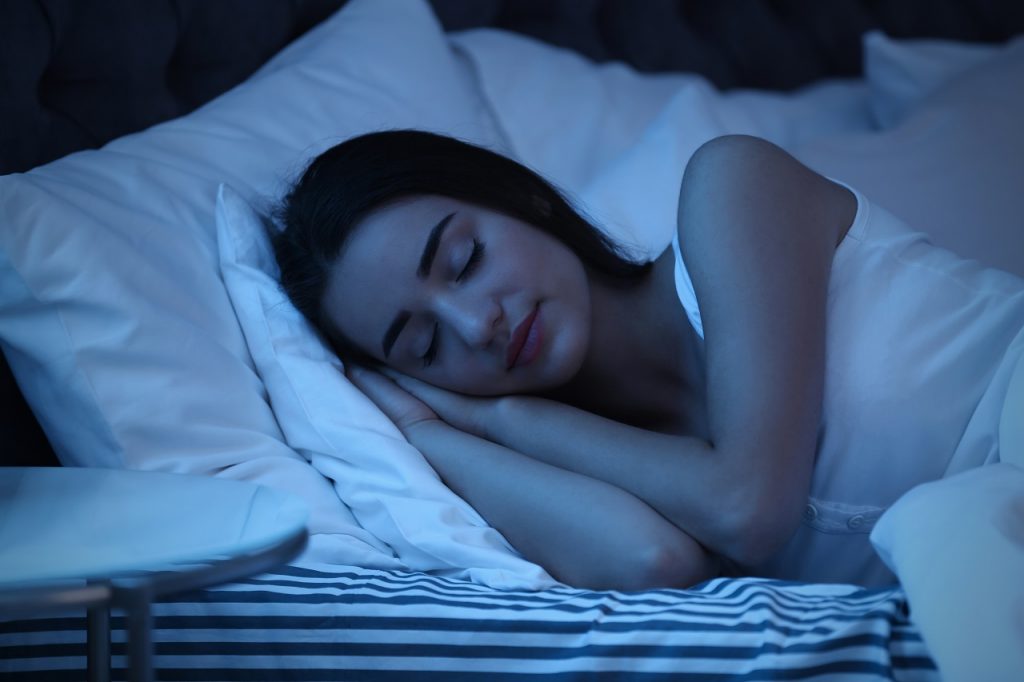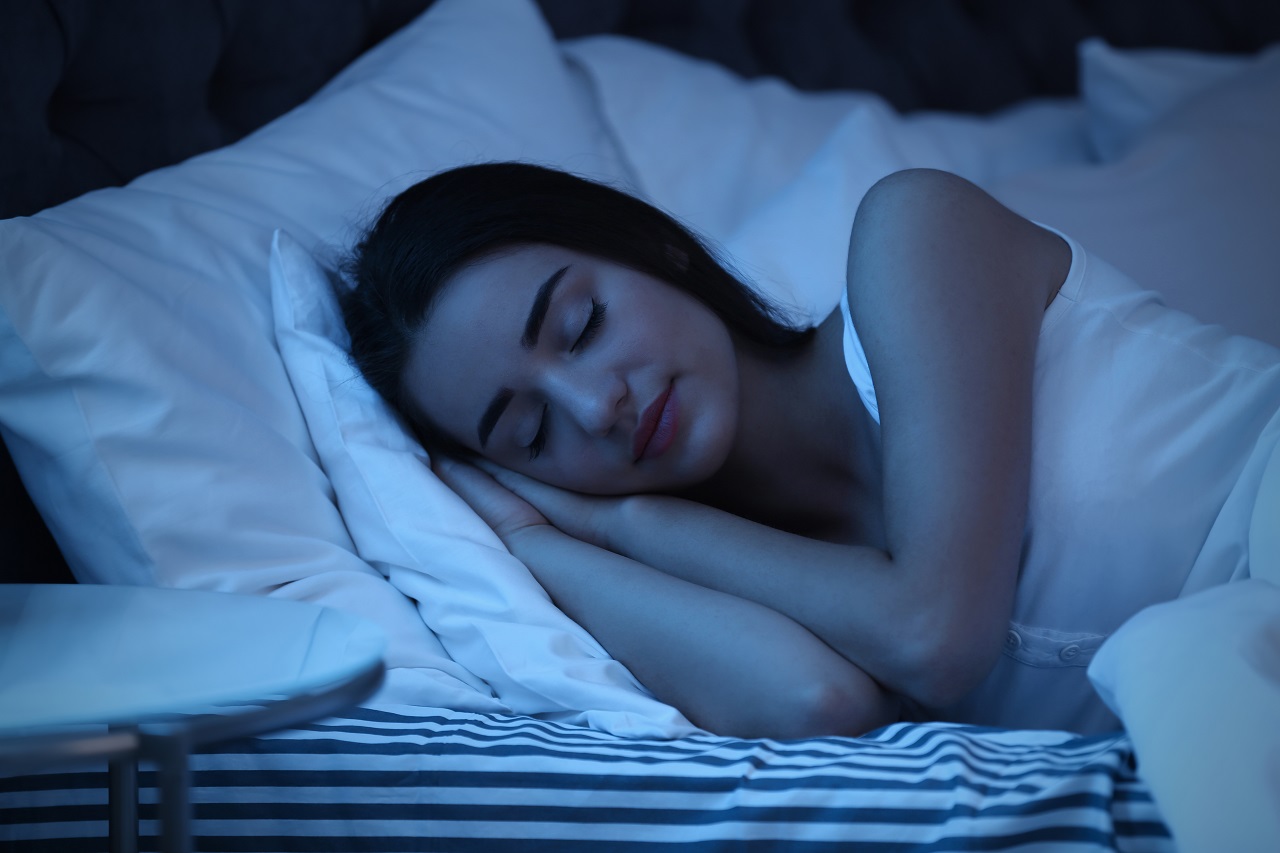
More often than not people do not consider sleep as an o important activity for good health. But, in reality sleep is a powerful tool that keeps your mind alert and calm. This is true for both elders as well as kids. Sleep should be considered as important as food.
Did you know that if you sleep well you can increase/build your brainpower just as you build muscles when you are weightlifting.
In this blog however, I am talking of how important is sleep for kids and how much they should sleep to be healthy.
Good sleep habits in kids help in;
- Good health
- Growth
- Mental function.
BENEFITS OF SLEEP FOR KIDS
- Increases concentration: Well slept kids are more receptive and interactive. These kids have good attention span and learn the most. Overall they become calmer, attentive, observant and also socially active.
- Reduces behaviour problems: Sleep lets your entire body rest. Lack of rest makes kids hyperactive, fatigued, physically impulsive and agitated.
- Reduces childhood obesity risk: Kids who don’t sleep enough are at higher risk for childhood obesity. Some researches prove that kids who slept only for an hour (Yes, Just an hour) they had increased their risk of obesity by 80 percent. This happens because the hormones that control hunger are directly related to sleep quality; with too little rest the appetite turns itself on and remains on.
- Releases growth hormone: Quality sleep releases growth hormones. This hormone helps in normal growth and other bodily and brain development.
- Increases Immunity: Kids who sleep well do not fall sick very often
HOW MUCH SLEEP IS NORMAL?
- Toddlers – 12 hours till the age of three
- Four to six – 10½ to 11½ hours
- Six to Twelve – 10 hours
- Teenagers – 8 to 9 hours
FOODS THAT WILL HELP YOUR CHILD SLEEP BETTER
- Dairy products: Dairy products produce the hormone serotonin that makes you feel sleepy. So foods like milk, cottage cheese, yogurt and cheese helps kids sleep better.
- Bananas: Bananas are another easy bedtime snack option. Researchers conclude that bananas contain melatonin, as well as serotonin, which helps to calm you and regulate your sleep cycles. They also contain magnesium and potassium, both of which are muscle relaxers.
- Oatmeal: Oats have an extremely high concentration of melatonin. A warm serving of oatmeal may help your toddler feel full and enjoy a longer duration of sleep.
SLEEP TIPS FOR CHILDREN
- Introduce good sleep habits right from the start
- Create an environment that helps the child to sleep. Keep the lights minimum, room cool and quit.
- Make sure that there is no TV or computer switched on which will distract sleep
- Avoid caffeine
- Put your child to bed at the same time on all days
Encourage importance of sleep in your children at an early age. This will help your child be happy, social and intelligent. The best part is you yourself might get some good deep sleep.
If you found this information helpful, we’d love to hear your thoughts in the comments below. To explore more insights on children’s health, check out Healthy Reads or for further information or guidance, reach out to our certified experts by subscribing to GOQii’s Personalised Health Coaching here.
#BeTheForce


 Sleep can never be categorised as a boring topic to discuss. 8 out of 10 people love to sleep at any time of the day. For some sleeping is one of the best relaxation techniques.
Sleep can never be categorised as a boring topic to discuss. 8 out of 10 people love to sleep at any time of the day. For some sleeping is one of the best relaxation techniques.


